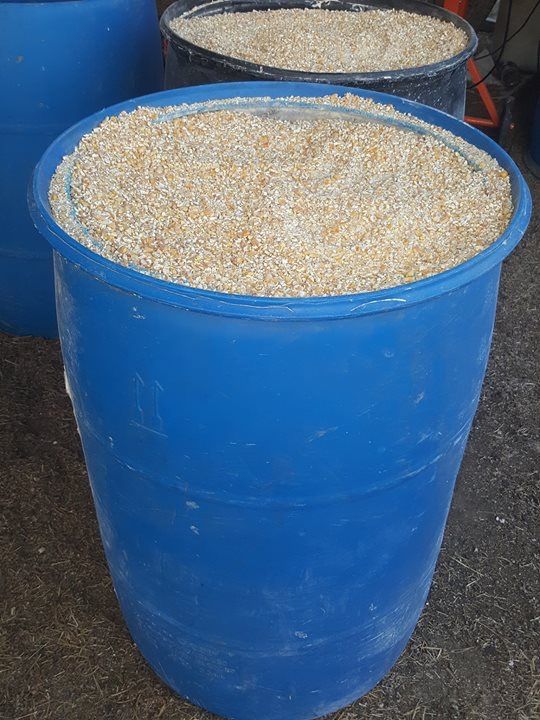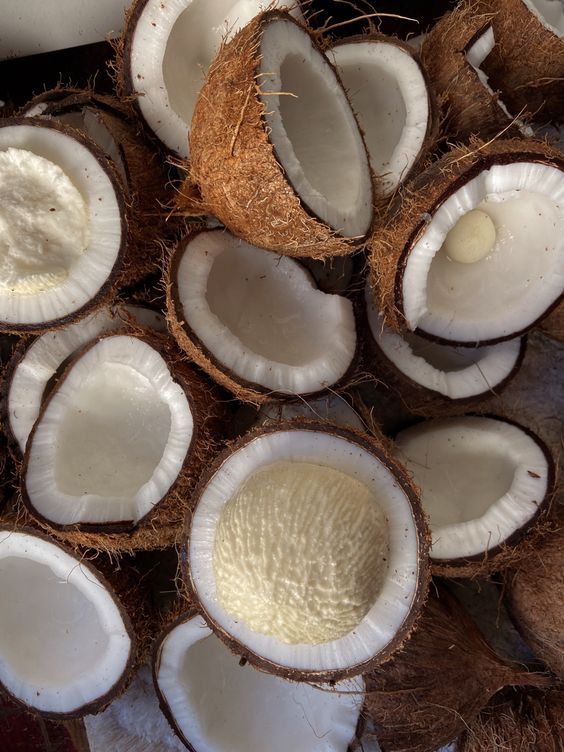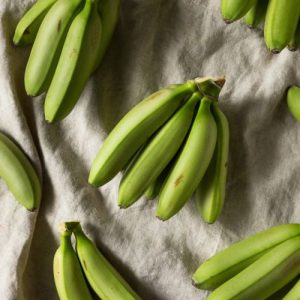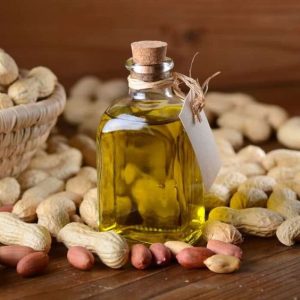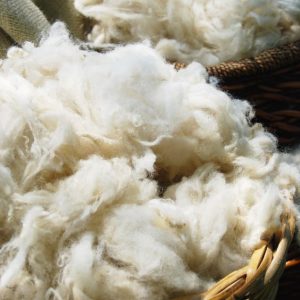Coconut
Description
Coconut Specifications:
- Variety: Mature Coconut (Brown) or Young Coconut (Green).
- Size:
- Diameter: 12 cm to 15 cm.
- Weight: 500g to 2,000g per nut, depending on the variety and origin.
- Grade:
- A-Grade: Fully matured, clean, without damage.
- B-Grade: Slightly less matured, with minimal external blemishes.
- Moisture Content:
- Husked Coconut: Less than 15%.
- Desiccated Coconut: Less than 3% (for dried coconut).
- Shell: Hard outer shell (brown variety), must be intact and free from cracks.
- Husked or Dehusked:
- Husked: Outer fibrous shell remains, typically brown coconuts.
- Dehusked: Fibrous husk removed, exposing the hard inner shell.
- Kernel Thickness: Typically 1.2 cm to 1.5 cm (depending on variety).
- Oil Content: 63% to 68% for mature coconuts, important for oil extraction purposes.
- Water Content:
- Young Coconuts: High water content, up to 300 ml per nut.
- Mature Coconuts: Low water content, mostly for meat extraction.
- Packaging:
- Bulk: In jute or polypropylene bags.
- Size: 25, 50, or 100 pieces per bag, depending on buyer requirements.
- Color:
- Mature Coconut: Brown.
- Young Coconut: Green outer husk or white (peeled).
- Quality Standards: Should meet ISO standards for export and be free from:
- Mold, rot, or pest infestations.
- Visible damage to the shell or husk.
- Uses:
- Mature Coconuts: Used for coconut oil, desiccated coconut, coconut milk, and food processing.
- Young Coconuts: Primarily for coconut water and soft meat consumption.
- Shelf Life:
- Husked Coconut: 3 to 6 months under proper storage conditions (cool and dry).
- Dehusked Coconut: 1 to 2 months, depending on moisture and storage.
Export Information:
- Country of Origin: Primarily tropical countries (India, Indonesia, Philippines, Thailand, etc.).
- Export Standards: Should comply with the standards set by the importing country.
This specification can be tailored to meet specific market needs depending on the type of coconut required (young or mature).

